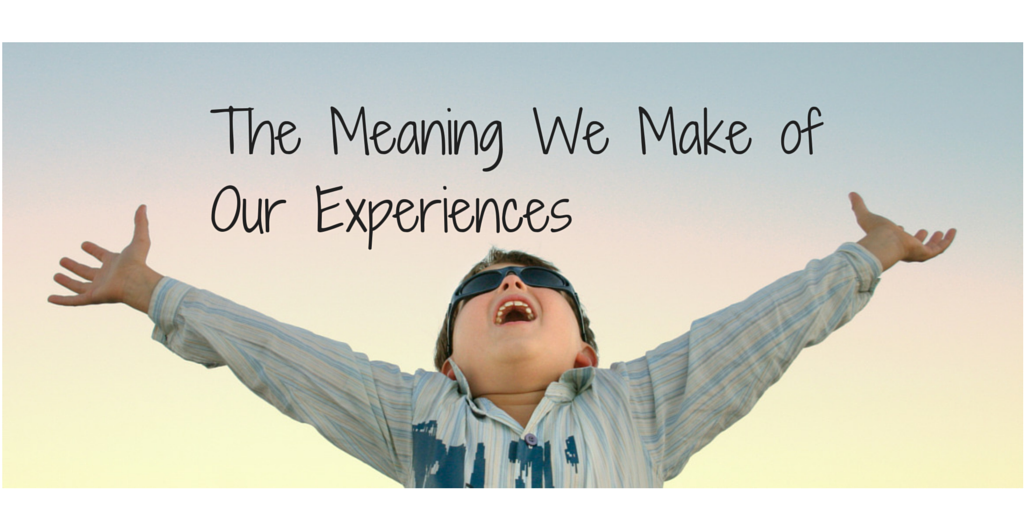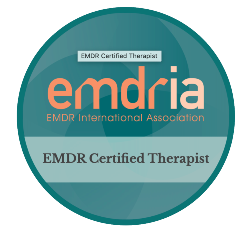The Meaning We Make of Our Experiences
One of my favorite facts about the mind is that memories are stored in a way that has much less to do with the memory of an actual experience than it does to do with the meaning we attribute to it. Meaning is at the crux of everything we do and everything that motivates us. Even if we deem something as “meaningless,” it is still indicative of the meaning, or lack thereof, to which we have attributed it.
When we think about all of the situations that we encounter each day, the decisions we make are based on what we have learned from previous experiences, and the meaning we have made of those experiences. How can this help us as we make decisions going forward?
In its simplest form, we can consider our beliefs about ourselves. Do we believe we are empowered or not and what is the source of that? I think about a time when I was in first grade and was not paying attention in class. The teacher pointed out my lack of focus to the entire class and I was mortified. For years following that experience I was very self-conscious in school. I worried that a teacher would call on me and I would not know the answer. Overall, it became very anxiety provoking for me. It wasn’t until years later that I realized that one experience had shaped my belief about my academic abilities and confidence in my ability to do well in school. Once I understood the source of those feelings, I was able to reconsider the meaning I had attributed to that experience. The result of that shift was that I had much more confidence in myself moving forward and left the anxiety behind.
As human beings, we have the ability to learn from our mistakes, learn from our experiences and learn from the experiences of others. We innately try to avoid experiences that we attribute to negative emotions and beliefs. In some cases, that is good and safe. In other cases, it can be irrational and keep us from moving forward in productive ways or keep us stuck in negative patterns of thinking. When we look at an experience as the source of bad feelings, we can ask ourselves what meaning we have attributed to it. What would we like to believe? Is there something we learned from it and would like to apply moving forward? This approach reminds us that we have a choice in how experiences shape our lives.
Sometimes, a memory is so highly charged with emotion that it is difficult to reassess, or the meaning we attributed to it has impacted so many aspects of our life that we can’t seem to unravel the web. In those cases, we are left with faulty assumptions and negative feelings that are more complicated and more difficult to change. Counseling and EMDR therapy can help individuals to work through those highly emotionally charged memories in a way that reorganizes the thoughts and feelings related to them. A qualified EMDR therapist will progress through the treatment by beginning with teaching methods for managing the strong emotions prior to embarking on the EMDR therapy work.
The important thing to remember is that even after significant disappointments, traumas or heartbreak, we have the capacity to recover and thrive. We still have the power of choice. We can still reshape our understanding of memories and ultimately of ourselves.
Click here for more information on Anxiety Treatment.





